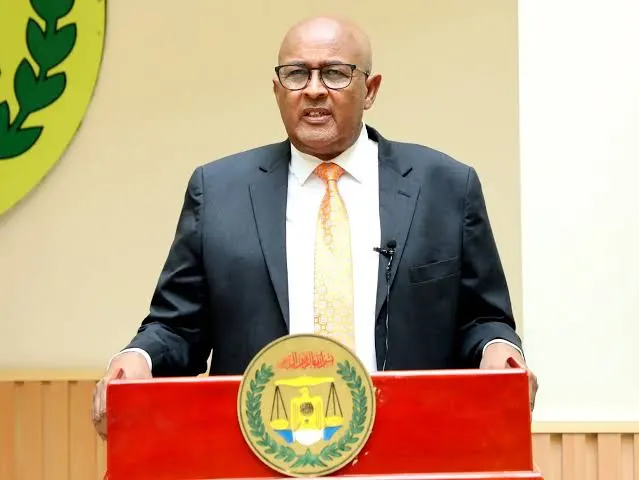December 17, 2024
Despite his lengthy experience as a prominent opposition figure and Speaker of the House of Representatives, Irro’s transition to the presidency has been marked by a lack of preparation and a series of controversial decisions.
The election result, which was announced on November 19th, solidified his victory, but his actual assumption of office did not occur until three weeks later. By that time, expectations were high for a smooth transition and a clear plan for governance. Unfortunately, what followed was a disorganized and ineffective start to his presidency.
Irro’s cabinet appointments have been a focal point of criticism. The president appointed a cabinet with a large gender imbalance—45 men and just three women—and included individuals with little to no qualifications for their respective positions. This decision has further fuelled doubts about his ability to manage a diverse and complex administration.
More troubling, however, have been Irro’s unconstitutional actions. In a move that directly challenged the rule of law, he issued decrees that effectively annulled acts of parliament. These actions suggest not only a disregard for the legal framework of the country but also a deeper issue of isolation. Sources close to the president have indicated that Irro, now cut off from much-needed counsel and support, is struggling to govern effectively and lacks the technical expertise required for decision-making.
In the absence of a clear plan and with a cabinet of questionable competence, Abdirahman Irro’s presidency is facing serious challenges, and the political future of Somaliland appearsuncertain.
Abdirahman Irro’s administration has faced significant criticism not only for its chaotic governance and lack of preparedness but also for its failure to effectively communicate during times of crisis. This became glaringly apparent when violence erupted in Erigabo this week, leading to civilian casualties and widespread panic.
Despite the gravity of the situation, Irro’s government remained silent, offering no public statements or responses to the violence. This communication failure is particularly concerning given the deaths and injuries of innocent civilians, and the lack of leadership in addressing the crisis has raised alarms among both the public and political observers.
In times of conflict or national distress, effective communication is crucial to maintaining public trust and ensuring that citizens feel informed and protected. The president’s failure to address the situation in Erigabo, or even offer condolences or a clear plan of action, underscores the broader issue of disarray within his administration.
This silence also highlights a deeper problem: a lack of coordination and preparedness in managing crises. Without clear communication or a responsive leadership team, Irro’s government risks further alienating the population and exacerbating the political instability already plaguinghispresidency.
Somaliland daily

